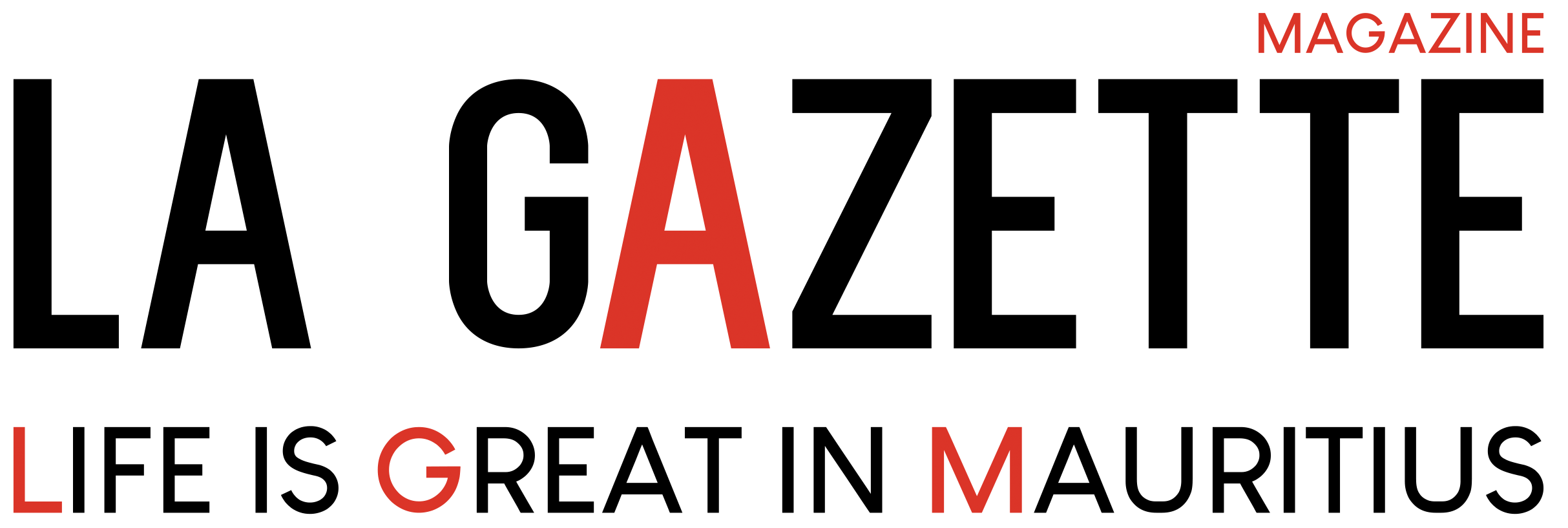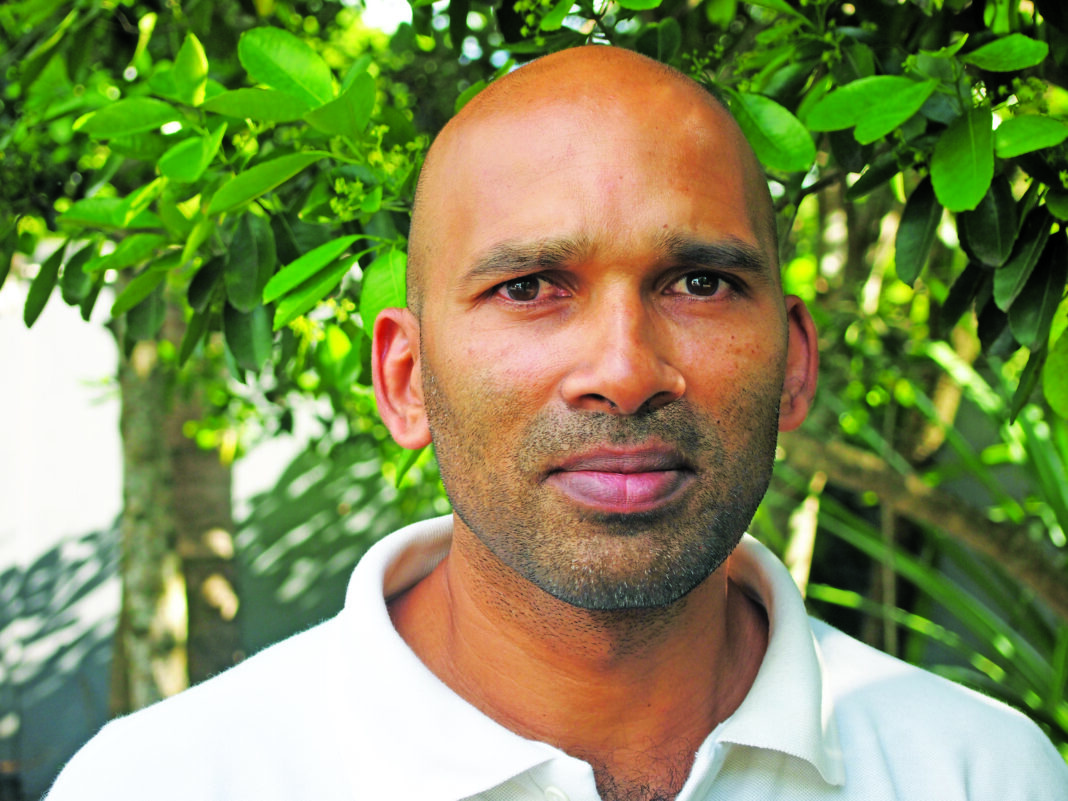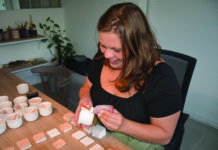Director of Conservation at the Mauritian Wildlife Foundation (MWF), Vikash Tatayah is today number 2 at the largest NGO in charge of preserving and reintroducing local endangered species.
Let’s stay in the field!
When I ask him about his work in the field, Vikash tells me that he’d like to be there more! Although his supervisory duties have kept him away from the field, this nature enthusiast is nonetheless committed to the success of the twenty or so projects underway at MWF – his employer for almost 26 years.. Vikash sees this dedication as a life experience. “In our business, you have to be passionate! The work in the field is physical, and the weather conditions can be difficult! While stationed on the islets, our workers are cut off from the world and their families. On Île Ronde, for example, they’re away for three to four weeks!
Stop the greenwashing!
On the subject of traveler behavior, Vikash mentions an undeniable improvement. Concerned, respectful of the environment, the tourists of today and tomorrow are, according to him, lovers of Mauritian nature. The problem lies elsewhere! Motivated by the feeling of acting fully for the planet, its inhabitants and its visitors, Vikash naturally denounces greenwashing. “Just because we have a few quads on a few hectares doesn’t mean we’re doing ecotourism! At MWF, none of that, but projects aimed at saving flora and fauna, and providing local jobs – a dozen on Ile aux Aigrettes alone! That’s real green tourism, pure and simple!
Let’s be proud!
Captivated, I learn that nets correctly placed on fruit trees represent the only alternative to the slaughter of bats, essential colonizers in the ecosystem. That the kestrel, the rarest bird in the world in the 70s, has now been saved from extinction and proclaimed a national bird last March. That on Ile aux Aigrettes, the solution to the disappearance of endemic turtles lies in the reintroduction of Seychellois species fulfilling the same ecological functions. To repopulate the islands with seabirds, decoys are currently being tested to encourage the species attracted to nest. That many other missions have been carried out tirelessly for almost 40 years by guides, coordinators, biologists, researchers… in the heart of nature reserves, native forests and other protected sites.
Let’s learn from our mistakes!
“Our ancestors made mistakes out of ignorance. It’s with a clear conscience that we’re reproducing them today! It’s tragic,” says Vikash, saddened but not discouraged. What he hopes above all is that, beyond the easy action of funding environmental missions, institutions will be resolutely and consciously sensitive to the cause!








